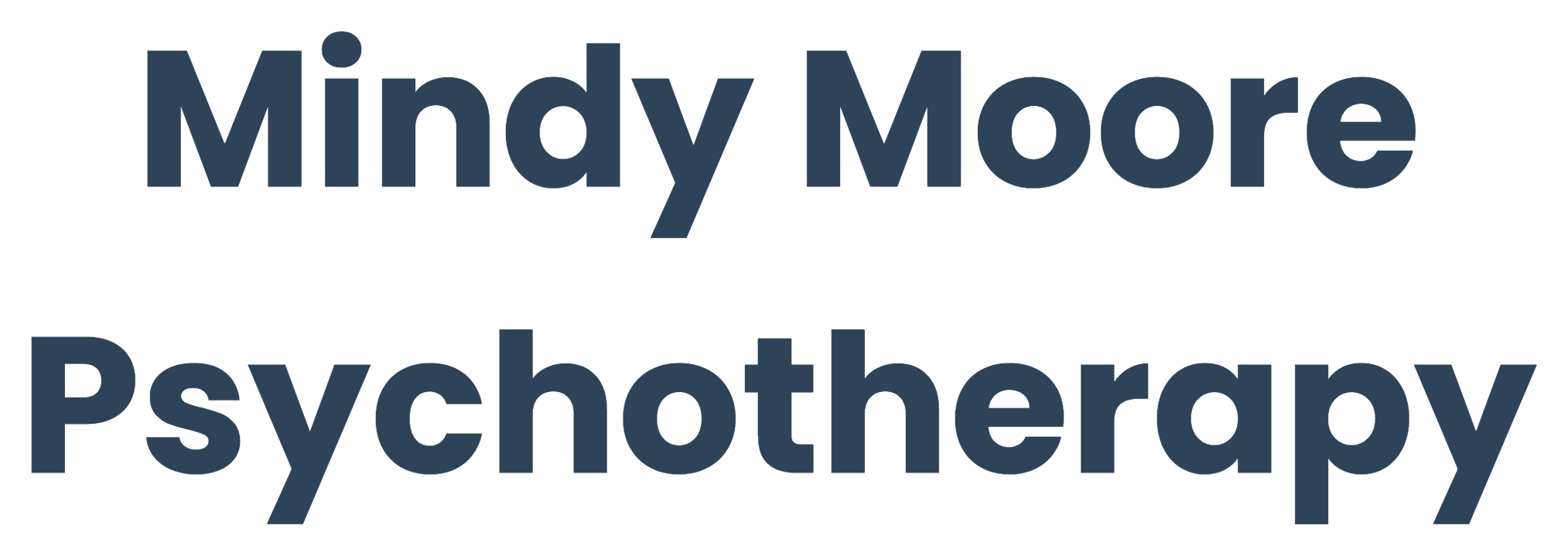Trauma
Trauma is an emotional response to a terrible event. It results from exposure to an incident or series of events that are emotionally disturbing or life-threatening with lasting adverse effects on the individual’s functioning and mental, physical, social, emotional, and/or spiritual well-being.
Not everyone who experiences a stressful event will develop trauma. Some people will experience temporary traumatic symptoms lasting a few weeks, while others will have more long-term effects.
I recommend four types of therapy for trauma. All are evidence-based, clinician led, psychotherapies for Post-Traumatic Stress Disorder (PTSD). Some can work with other mental health issues. Clinicians must be trained within these modalities to conduct trauma therapy.
- Brainspotting is a revolutionary therapeutic method that utilizes the relationship between eye positions and emotional experiences to address and heal trauma. Brainspotting locates points in the client’s visual field that help to access unprocessed trauma in the brain.
- Cognitive Processing Therapy (CPT) is typically a 12-session psychotherapy specifically designed for PTSD. CPT teaches you how to evaluate and challenge the upsetting thoughts you have had since your trauma. By changing or balancing your thoughts, you can change how you feel. It is one specific type of Cognitive Behavioral Therapy (CBT).
- Exposure therapy. This behavioral therapy helps you safely face both situations and memories that you find frightening so that you can learn to cope with them effectively.
- Eye movement desensitization and reprocessing (EMDR) is a nontraditional type of psychotherapy. The therapist encourages the patient to briefly focus on the trauma memory while simultaneously experiencing bilateral stimulation (typically eye movements).
Results may include alleviation of presenting symptoms, elimination of disturbing memories, improved view of the self, relief from bodily disturbance, and resolution of present and future anticipated triggers.
What trauma can look like…
- Physical symptoms
- Sleep disturbances
- Sexual problems
- Feeling isolated from others
- “Flashbacks” (sudden, vivid, distracting memories)
- Anxiety
- Depression
- Loneliness
- Nightmares
- Lack of concentration
- Sadness
- Irritability
- Desire to physically hurt yourself
- Feeling tense all the time
- Feelings of guilt, shame, self-blame, etc
If you or someone you know matches the trauma symptoms listed above, I am confident that I can help.


